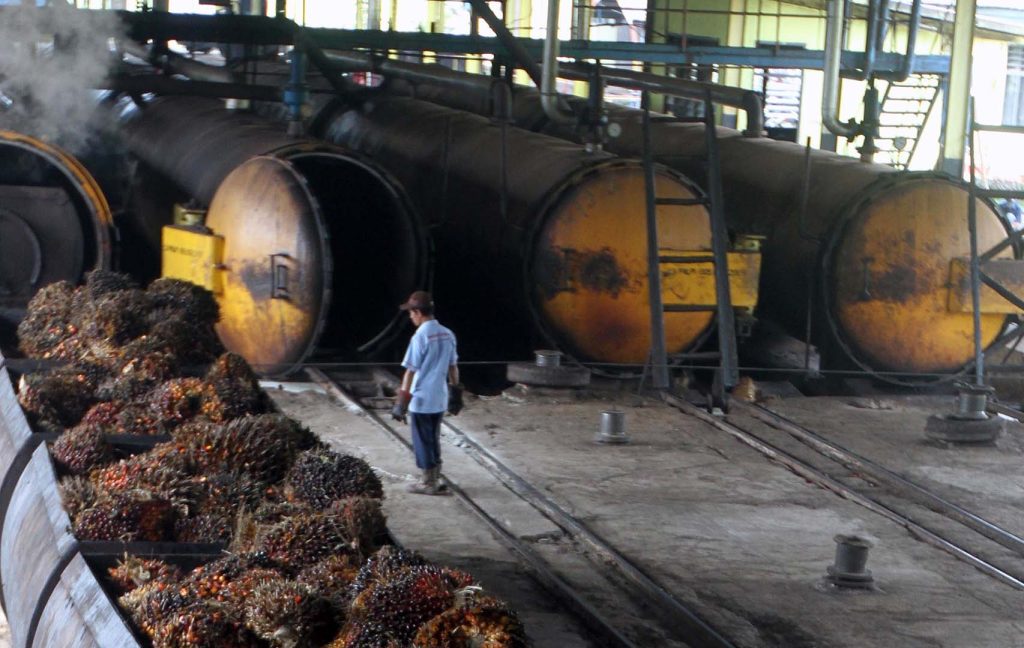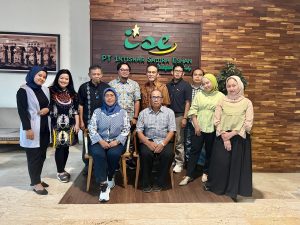



Sustainable Palm Oil in Indonesia: Toward Sustainability in the Palm Oil Industry
Indonesia is one of the world's largest producers of palm oil, playing a significant role in the global economy and industry. However, as the palm oil industry has grown, concerns have arisen regarding its environmental and social impacts. In response to these challenges, the concept of Sustainable Palm Oil (SPO) has gained prominence in Indonesia. This is the journey toward sustainability in the palm oil industry.
Why is Sustainable Palm Oil Needed?
The palm oil industry has received international attention due to its impact on the environment and communities. Deforestation, habitat destruction, and social issues around palm oil plantations are major concerns. Sustainable Palm Oil is an approach aimed at addressing these challenges by ensuring that palm oil production adheres to sustainable environmental, social, and economic criteria.
Indonesia's Efforts Towards Sustainable Palm Oil
- Indonesian Sustainable Palm Oil (ISPO) Certification: The Indonesian government has introduced ISPO as a certification system that regulates sustainable palm oil production. ISPO encompasses standards and criteria that must be met by oil palm plantations, including land management, legal compliance, workers' rights, and environmental conservation efforts.
- Non-Governmental Organizations (NGOs) and Transparency: NGOs and environmental groups have played a significant role in pushing the palm oil industry toward greater sustainability. They oversee and monitor plantation practices and urge companies to take responsibility for their impacts.
- Corporate Commitment: Many palm oil companies in Indonesia are beginning to adopt commitments to transition towards sustainable production. This includes reducing deforestation, preserving habitats, protecting indigenous communities, and implementing environmentally-friendly farming practices.
Benefits of Sustainable Palm Oil:
- Environmental Preservation: Sustainable practices help reduce deforestation and environmental damage while enhancing biodiversity conservation efforts
- Social Well-being: Prioritizing workers' rights and the protection of indigenous communities helps create fair working conditions and safeguards local communities.
- Global Competitiveness: Sustainable palm oil can enhance Indonesia's product image in the global market, where there is an increasing demand for sustainable products.
Challenges and the Path Ahead:
Despite steps toward Sustainable Palm Oil being taken, challenges persist. Stricter monitoring and law enforcement are required to ensure compliance with sustainable standards. Additionally, education and participation from all parties, including producers, the government, and consumers, are also crucial in achieving sustainability goals.
Conclusion
Sustainable Palm Oil in Indonesia is a collective commitment to transform the palm oil industry into a more sustainable one, positively impacting both the environment and society. Through cooperation between the government, companies, NGOs, and communities, Indonesia is moving towards a brighter future for the palm oil industry, where a balance between production and sustainability can be achieved.












